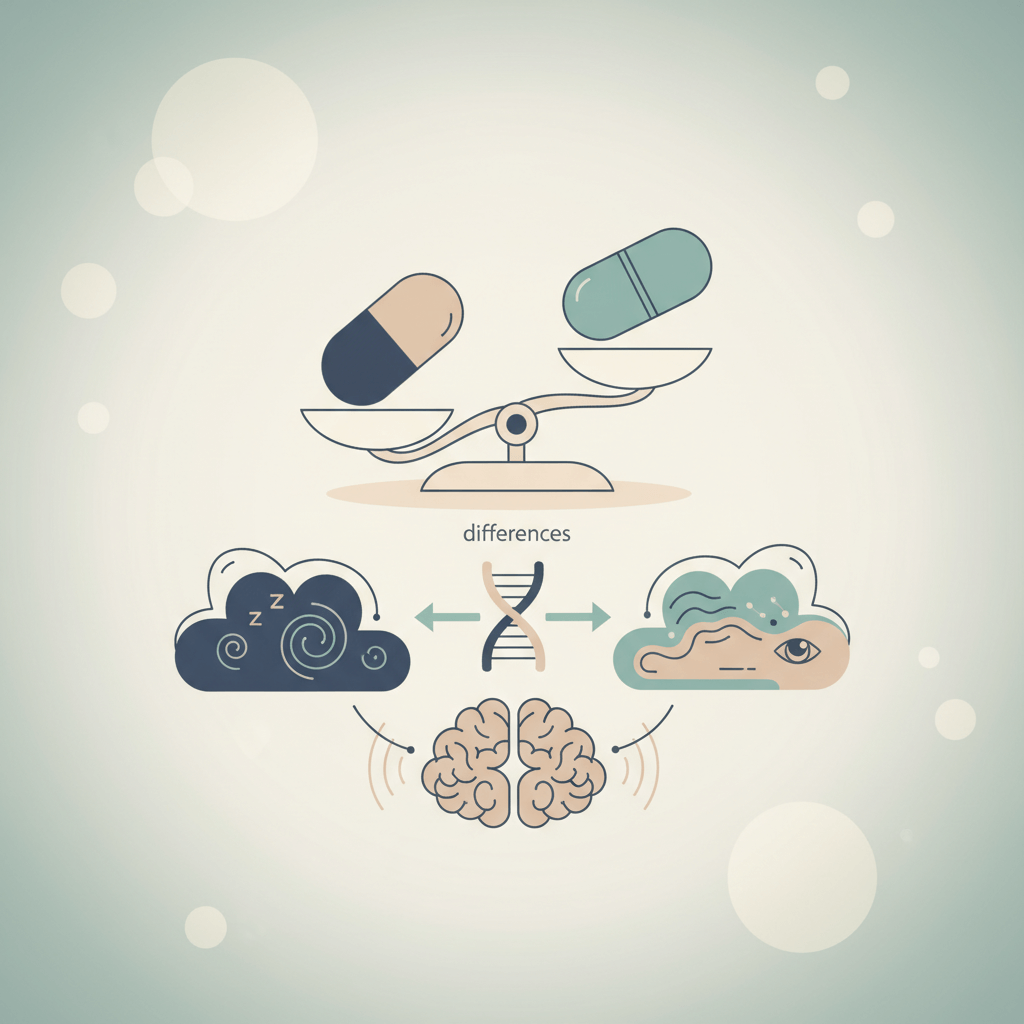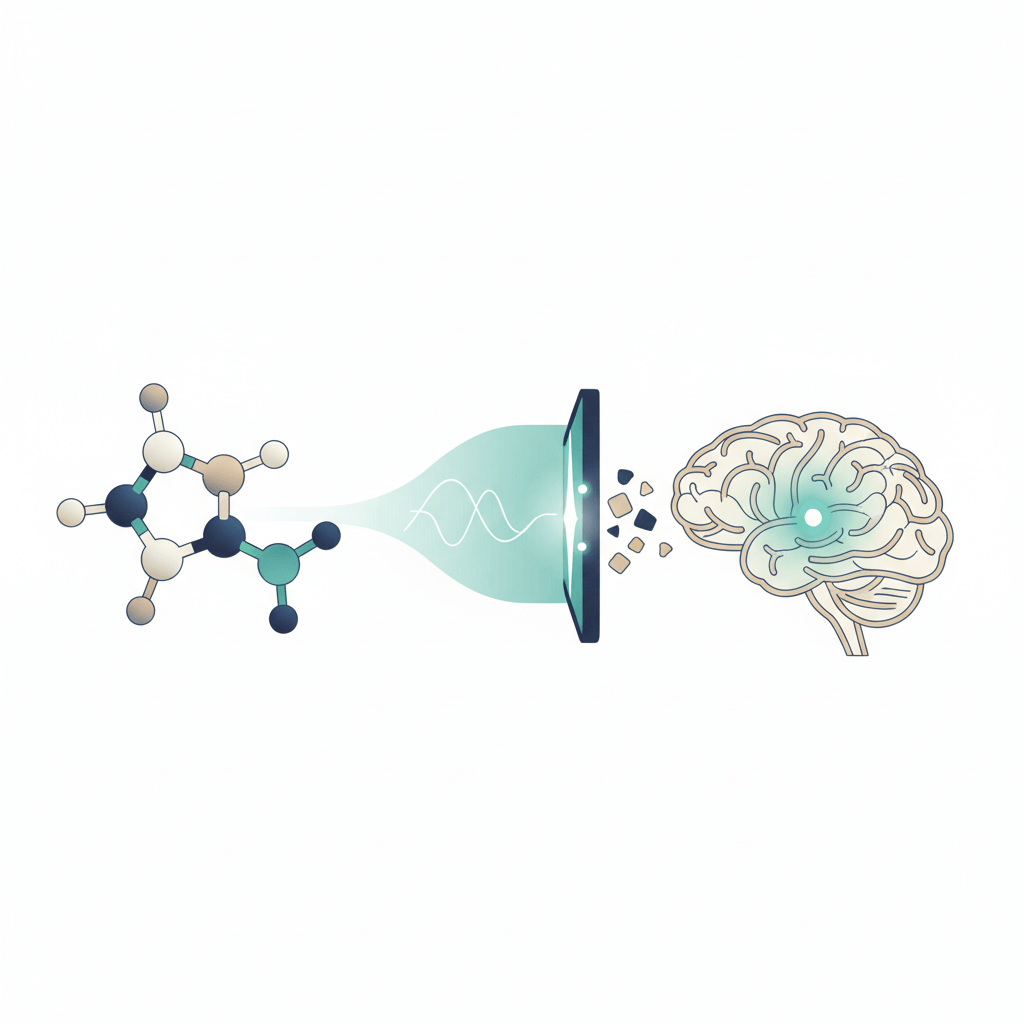Understanding Group Therapy
In the realm of addiction treatment, group therapy serves as a valuable approach to recovery. This section will explore the definition, purpose, and benefits of group therapy, shedding light on its potential effectiveness in helping individuals overcome addiction.

Definition and Purpose
Group therapy involves two or more participants, along with a therapist who facilitates the group, fostering an environment of mutual respect and understanding. It provides a platform where individuals can gain a better understanding of themselves, strengthen their self-respect, and improve interpersonal relationships [1]. Group therapy is a term that encompasses in-person or online therapy sessions where two or more individuals come together to heal or recover.
The primary purpose of group therapy is to provide a supportive and collaborative space where participants can share their experiences, emotions, and challenges. It offers a unique opportunity for individuals to connect and engage with others who are facing similar struggles. Through this shared understanding, participants can build trust, reduce judgment, and alleviate feelings of isolation and alienation. By actively participating in group discussions, individuals can gain different perspectives on their issues and challenges, learn new strategies, and develop a sense of camaraderie.
Benefits of Group Therapy
Group therapy offers several benefits that can contribute to an individual's recovery journey. Here are some key advantages:
- Camaraderie and Support: One of the primary benefits of group therapy is the sense of camaraderie it provides. Participants realize that they are not alone in their struggles, as they connect with others who are facing similar challenges. This shared understanding fosters trust, reduces judgment, and can help alleviate feelings of isolation and alienation.
- Diverse Perspectives: Group therapy incorporates input from diverse personalities and experiences within the group. This exposure allows individuals to gain different perspectives on their own issues and challenges. By learning from others, participants can develop new strategies for addressing their problems.
- Cost-Effective: Group therapy is often a more cost-effective option compared to individual therapy. It is commonly covered by insurance, making it accessible to a wider range of individuals. The cost may vary depending on the type of group and location, but most insurance policies cover both group and individual therapy sessions.
- Learning and Skill Development: Group therapy provides a platform for individuals to learn from one another's experiences and develop new coping skills. Through observing and interacting with others, participants can gain insights into their own situations and acquire new tools to navigate challenges.
Group therapy is an effective approach to addiction treatment, offering a supportive environment where individuals can share their struggles, gain insights, and develop a sense of community. It can be used as a primary treatment approach or in conjunction with individual therapy, providing individuals with a comprehensive and holistic recovery experience.
Group Therapy vs. Individual Therapy
When considering therapy options, it's important to understand the differences between group therapy and individual therapy. Each approach offers unique benefits and considerations.
Setting and Dynamics
The primary distinction between group therapy and individual therapy lies in the setting. Group therapy involves one or more therapists working with several individuals simultaneously who are seeking treatment for a shared condition or lived experience. In contrast, individual therapy takes place in a one-on-one setting with a therapist.
In group therapy, participants interact with others who are going through similar experiences. This shared environment can create a sense of belonging and validation, as individuals realize they are not alone in their struggles. It provides an opportunity to gain insights from others, offer support, and foster a sense of community. On the other hand, individual therapy offers a more personalized experience, allowing for focused attention on individual concerns and tailored treatment plans.
Effectiveness Comparison
Research suggests that both group therapy and individual therapy are effective in treating a wide range of psychological disorders and issues addressed within a therapeutic environment. More than 50 clinical trials and several decades of research have shown that group therapy can be just as effective as individual therapy. However, the effectiveness of each approach may vary depending on the individual's needs and preferences.
In terms of addiction treatment, group therapy can be particularly beneficial. Research indicates that individuals who engage in group therapy are often more committed to maintaining abstinence. It can also address co-occurring mental health disorders such as depression, anxiety, and personality disorders.
Ultimately, the choice between group therapy and individual therapy depends on individual needs, goals, and the availability of therapy options. Some individuals may find group therapy more beneficial due to the support and shared experiences, while others may prefer the focused attention and personalized approach of individual therapy [5]. It's important to consult with a mental health professional to determine which approach aligns best with your specific circumstances.
While group therapy and individual therapy differ in their dynamics and settings, both can provide valuable support and contribute to the healing process. Whether you choose group therapy, individual therapy, or a combination of both, the goal is to find the approach that best suits your needs and promotes your well-being.
Who Can Benefit from Group Therapy
Group therapy is a valuable treatment option that can provide support and healing for individuals facing various challenges. In this section, we will explore the suitable participants for group therapy and the conditions that can be effectively treated through this therapeutic approach.
Suitable Participants
Group therapy can be beneficial for individuals of different ages, sexual orientations, gender identities, and cultural backgrounds who seek help with a wide range of concerns. It provides a supportive environment where participants can connect with others who may be facing similar experiences or struggles. According to the American Group Psychotherapy Association (AGPA), some of the participants who can benefit from group therapy include:
- Individuals with depression, anxiety, and other mood disorders
- People dealing with serious medical illnesses
- Individuals coping with loss and grief
- Those with addictive disorders
- Individuals facing behavioral challenges
Group therapy offers a unique opportunity for participants to share their experiences, gain insights from others, and receive support from both a therapist and their therapy group peers. It can be particularly helpful for individuals who benefit from interacting with peers for both challenge and support. Group therapy creates a safe space where participants can explore their thoughts, feelings, and behaviors, fostering personal growth and development. For more information on the benefits of group therapy, you can visit our article on benefits of group therapy for addiction.
Conditions Treated
Group therapy has been proven effective in treating a broad range of mental health conditions. It can be particularly beneficial for individuals experiencing:
- Depression
- Anxiety disorders, including social anxiety and panic disorders
- Eating disorders
- Bipolar disorders
- Obsessive-compulsive disorders
- Social phobias
- Substance use disorders
According to the National Center for Biotechnology Information (NCBI Bookshelf), group therapy can also be used to address emotional trauma, post-traumatic stress disorder (PTSD), attention deficit hyperactivity disorder (ADHD), and other mental health conditions. Group therapy provides a supportive and non-judgmental space where participants can share their experiences and learn from one another.
It's important to note that the suitability of group therapy for a specific individual may vary. Factors such as personality traits and individual needs should be considered when determining the appropriateness of group therapy. Individuals who score high on extraversion and conscientiousness dimensions tend to be well-suited for group therapy, while those with high levels of neuroticism may find individual therapy more beneficial.
If you are considering group therapy, it is recommended to consult with a mental health professional who can assess your specific needs and guide you in making an informed decision. They can evaluate whether group therapy aligns with your goals and preferences, and help determine if it is the right approach for you.
Factors Influencing Group Therapy Success
When considering whether group therapy is right for you, it's important to understand the factors that can influence the success of group therapy. Two key factors to consider are group size and composition, as well as confidentiality and trust within the group.
Group Size and Composition
The size and composition of the group can significantly impact the effectiveness of group therapy. Research indicates that the most effective groups typically have a maximum number of 6-12 clients. Larger groups may limit individual participation and make it challenging for each member to receive adequate attention and support. On the other hand, smaller groups can foster a more intimate and cohesive environment where members can develop deeper connections and feel more comfortable sharing their experiences.
In addition to group size, the composition of the group is crucial. Group therapy sessions should include members with similar conditions or concerns to foster a sense of community, acceptance, and belonging. This allows individuals to learn from and instruct one another, as they can relate to each other's experiences and provide empathy and support. When considering group therapy, it's important to find a group that aligns with your specific needs and concerns.
Confidentiality and Trust
Confidentiality is a key aspect of group therapy. Similar to individual therapy, participants are required to maintain confidentiality outside of the group. While ethical constraints may differ from licensed therapists, group members are typically bound by confidentiality agreements to ensure a safe and trusting environment. This creates a space where individuals feel comfortable sharing their thoughts, emotions, and experiences, knowing that what is shared within the group will remain confidential.
Building trust within the group is essential for fostering a supportive and effective therapy environment. Trust allows individuals to be vulnerable, express themselves freely, and receive feedback and support from other group members. Establishing trust takes time and requires a commitment from all group members to maintain a respectful and non-judgmental atmosphere. It is important to find a group where you feel safe and comfortable, and where you believe trust can be established.
By considering the factors of group size and composition, as well as confidentiality and trust, you can make an informed decision about whether group therapy is right for you. It is crucial to find a group that aligns with your specific needs, concerns, and goals. Group therapy can be a valuable and effective form of treatment when these factors are carefully considered and when you feel comfortable and supported within the group setting.
Types of Group Therapy Models
When considering group addiction therapy, it's important to understand the different therapeutic approaches used in group settings. Therapists employ various group therapy models to effectively address the needs of individuals during different phases of recovery. Two commonly utilized models are psychoeducational groups and cognitive-behavioral groups.
Psychoeducational Groups
Psychoeducational groups focus on providing information about substance abuse and related behaviors and consequences. These groups are designed to educate participants about substance abuse, the behaviors associated with it, and the potential consequences. By offering knowledge and insight, psychoeducational groups aim to enhance participants' understanding of their condition and build their skills to cope with addiction.
In psychoeducational groups, participants learn about the physiological and psychological effects of substance abuse, as well as the impact it has on relationships, work, and overall well-being. These groups may also provide information about available resources and treatment options. The structured nature of psychoeducational groups allows for the delivery of valuable information in a supportive environment.
Cognitive-Behavioral Groups
Cognitive-behavioral groups focus on changing the patterns of thinking and behavior that contribute to individuals' problems, ultimately altering their emotional responses. These groups aim to identify and modify dysfunctional thinking patterns, emotional responses, and behaviors. By addressing cognitive distortions and maladaptive behaviors, cognitive-behavioral groups help participants develop healthier coping mechanisms and improve their overall well-being.
In cognitive-behavioral groups, participants work together to challenge negative thought patterns and replace them with more positive and adaptive thinking. Therapists facilitate discussions and guide participants in practicing new coping skills. The supportive group environment allows for mutual learning and the exchange of strategies for managing triggers and cravings.
Both psychoeducational and cognitive-behavioral group therapy models have proven to be effective in the treatment of substance misuse. The choice between these models may depend on the specific goals and needs of the participants, as well as the expertise of the therapist. It's important to consult with a mental health professional to determine which approach is best suited for an individual's unique circumstances.
Group therapy provides numerous benefits for individuals seeking treatment for addiction. It can enhance motivation, build a sense of community, and provide a safe space for sharing experiences and receiving support. The effectiveness of group therapy for addiction treatment is often comparable or even superior to individual therapy, especially when it comes to maintaining abstinence and addressing co-occurring mental health disorders. By exploring different group therapy models, individuals can find the approach that best aligns with their needs and maximizes their chances of successful recovery.
Considerations for Choosing Group Therapy
When deciding whether group therapy is the right approach for you, it's important to consider your individual needs and the stage of your recovery. Group therapy can be a valuable tool in group addiction therapy, providing support and guidance from peers who are experiencing similar challenges.
Individual Needs Assessment
Before joining a group therapy program, it's crucial to conduct an individual needs assessment. This assessment involves evaluating your personal characteristics, needs, preferences, and treatment goals. Matching individuals with the right group is critical for success. Factors such as age, gender, substance of abuse, and specific issues you are facing should be considered to ensure a tailored and effective treatment experience.
Understanding your own readiness and ability to participate in a group setting is essential. This assessment should evaluate your ability to engage in group discussions, your desire for group support, and your assessment of relationships and ability to participate productively. By understanding your individual needs and preferences, you can find a group that aligns with your goals and provides the support you require.
Stage of Recovery Evaluation
The stages of recovery from substance abuse can be classified as early, middle, or late recovery. Each stage has different characteristics and focuses, such as becoming abstinent, making lifestyle changes, and maintaining abstinence while addressing psychological issues. Evaluating your stage of recovery is important in determining the most appropriate group therapy setting for you.
In the early stages of recovery, you may benefit from a psychoeducational group that provides information and education about addiction, relapse prevention, and coping skills. These groups focus on building a foundation of knowledge and understanding.
In the middle stages of recovery, you may find a cognitive-behavioral group helpful. These groups focus on addressing thoughts, beliefs, and behaviors associated with addiction. They provide strategies and tools to help you manage cravings and develop healthier coping mechanisms.
In the late stages of recovery, an interpersonal process group may be beneficial. These groups focus on exploring and improving interpersonal relationships, communication skills, and emotional well-being. They provide a space for individuals to share their experiences and support each other in maintaining long-term recovery.
By considering your stage of recovery, you can find a group therapy model that aligns with your current needs and supports your ongoing progress. Remember that as you progress through treatment, you may need to move to different groups to address changing needs and goals.
Choosing the right group therapy involves assessing your individual needs, preferences, and stage of recovery. By taking these factors into account, you can find a group that provides the support, guidance, and resources necessary for your continued growth and recovery. For more information on the types of addiction therapy groups available, refer to our article on types of addiction therapy groups.













